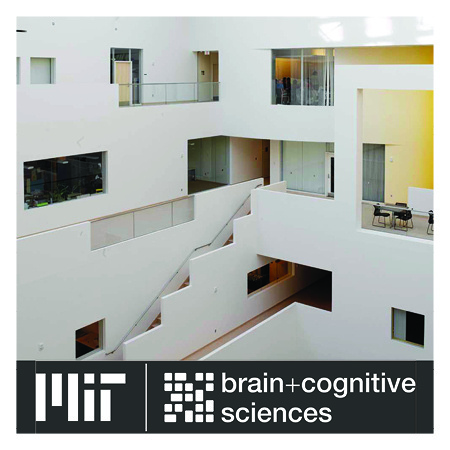
Morteza Sarafyazd Thesis Defense: Hierarchical reasoning in the brain
Description
The format of thesis defense will be virtual
https://us04web.zoom.us/j/6289174919?pwd=eG94RHMwRDhpbjNXbDMvajI5QlpGUT09
Meeting ID: 628 917 4919
Passcode: 102030
Abstract: when we interact in an uncertain environment, we continuously reason to disambiguate internal and external sources of uncertainty at multiple spatiotemporal scales to guide our goal-directed behavior. Understanding the neural mechanism of this reasoning behavior is essential for consequential applications in brain sciences. In this thesis, I address hierarchical reasoning at three levels of behavior, neural circuit, and computational models. First, I developed behavioral experiments to examine the reasoning behavior in dynamic environments with two hierarchical sources of uncertainty. The rational behavior necessitates evidence integration under multiple sources of uncertainty to update internal belief about the external environment. This behavioral study showed that human and non-human primates are able to reason accordingly by accumulating evidence to update their belief in a longer timescale. Second, I performed electrophysiology in the frontal cortex. The concurrent neural recordings revealed that brain regions in the frontal cortex carry signals related to reasoning behavior and performance monitoring. Third, to interpret the neural results, a probabilistic integrator model is implemented to address the key interpretable variables of the behavior. Finally, after observing the neural data, I aimed to explore neural hypotheses of the behavior through in-silico simulations of two neural-network models to perform the reasoning task. These simulations led to a better evaluation of proposed neural hypotheses relevant to key behavioral variables.

